
Find Help
More Items From Ergsy search
-

What role do local councils play under the new law?
Relevance: 100%
-

Local Councils Struggle with Increasing Demand for Welfare Support
Relevance: 81%
-
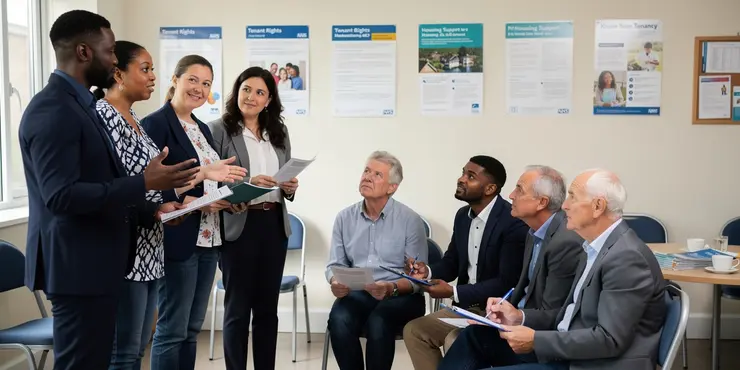
What are the new Tenancy Law Reforms in the UK in 2025?
Relevance: 69%
-

Understanding the New Domestic Abuse Laws in the UK
Relevance: 68%
-
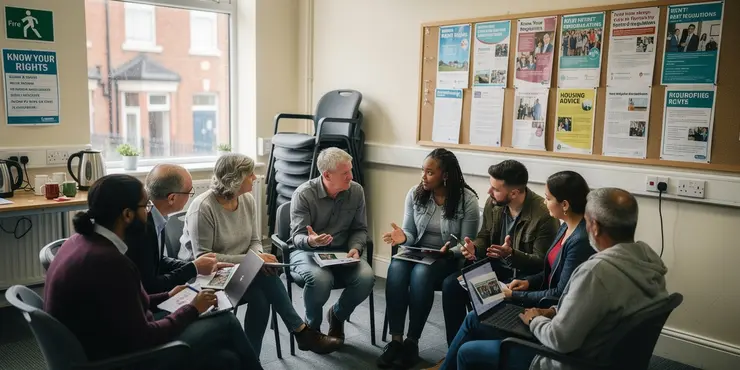
How are rent increases regulated under the new law?
Relevance: 66%
-
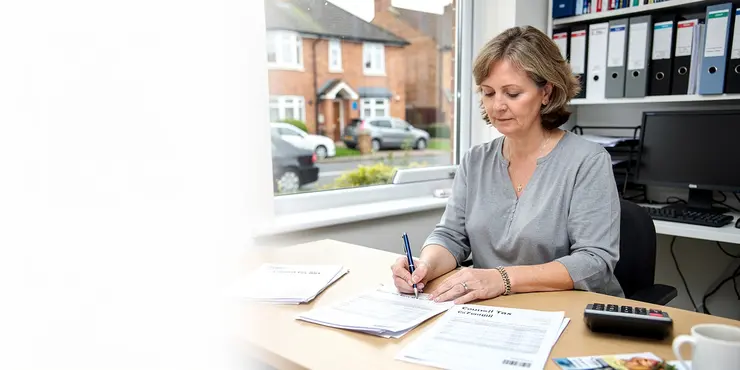
Are refunds for overpaid Council Tax taxable?
Relevance: 65%
-
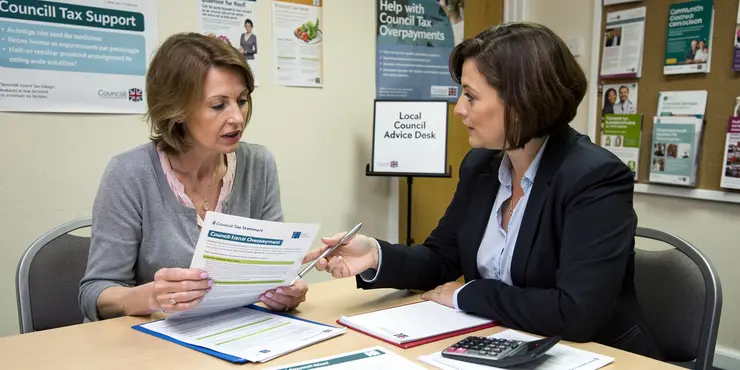
Will my council send a refund check if I overpay?
Relevance: 56%
-

Who can be considered a domestic abuse perpetrator under the new law?
Relevance: 56%
-
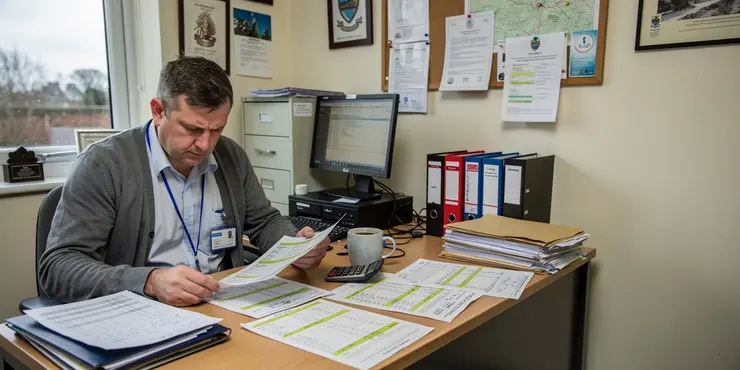
Why are council burial fees going up nearly 50% in the UK?
Relevance: 56%
-
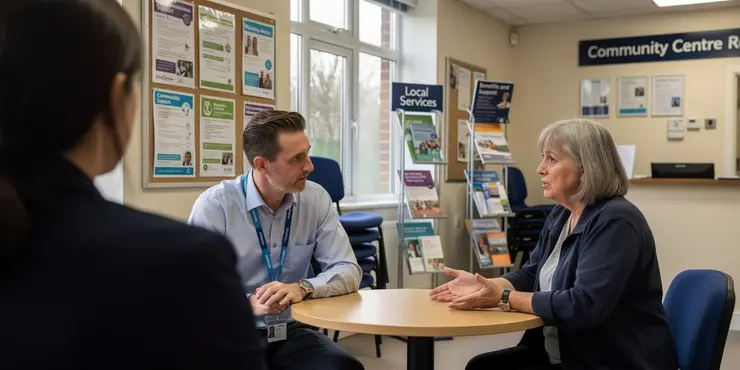
Local Councils Call for More Funding to Support Rising Homelessness
Relevance: 56%
-
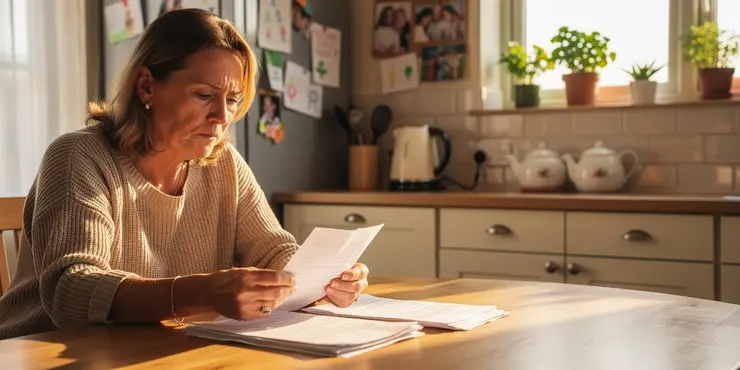
Is there a time limit for claiming a refund on overpaid Council Tax?
Relevance: 55%
-
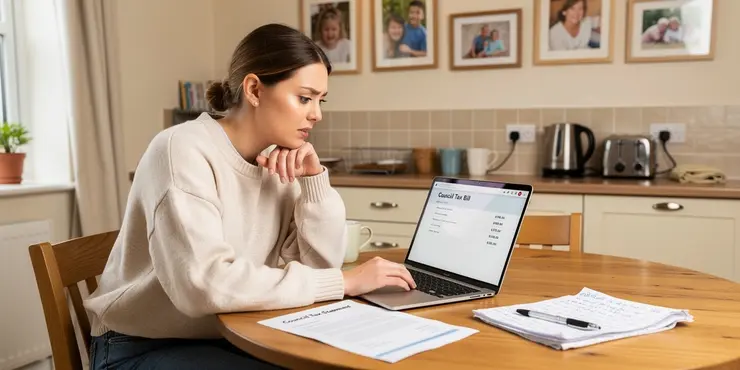
Where can I get a copy of my Council Tax bill?
Relevance: 55%
-

How does council tax relate to wealth in the UK?
Relevance: 54%
-

Does overpayment affect my Council Tax band?
Relevance: 54%
-

What happens if I move to a new postcode?
Relevance: 53%
-

How do can I find out if I have overpaid my UK Council Tax?
Relevance: 52%
-
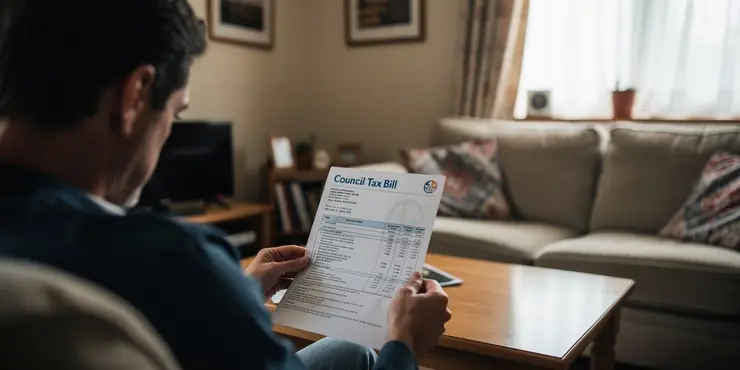
What should I do if I suspect an error in my Council Tax billing?
Relevance: 52%
-
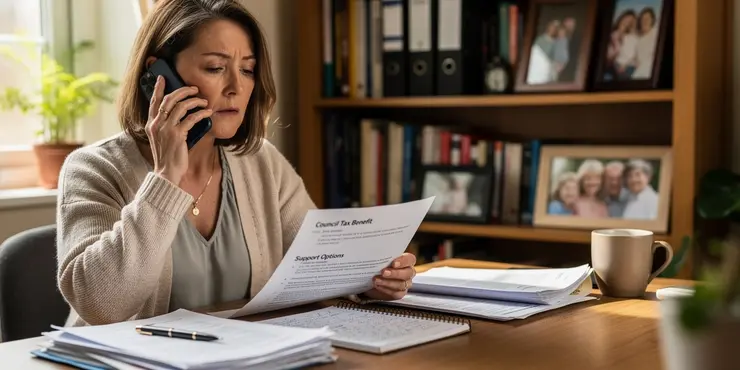
Citizens Advice Bureau Sees Spike in Queries Related to Council Tax Benefits
Relevance: 52%
-
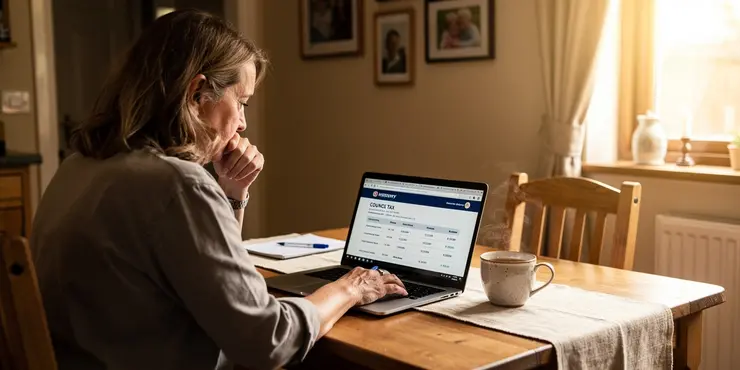
Can I access my Council Tax payment history online?
Relevance: 51%
-
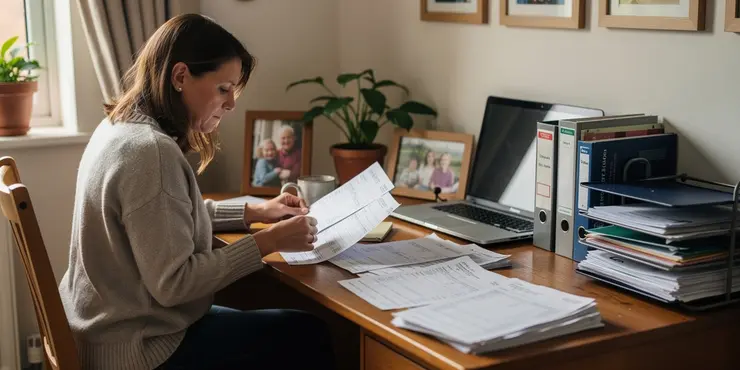
What details are needed to check for overpayments through my council?
Relevance: 49%
-
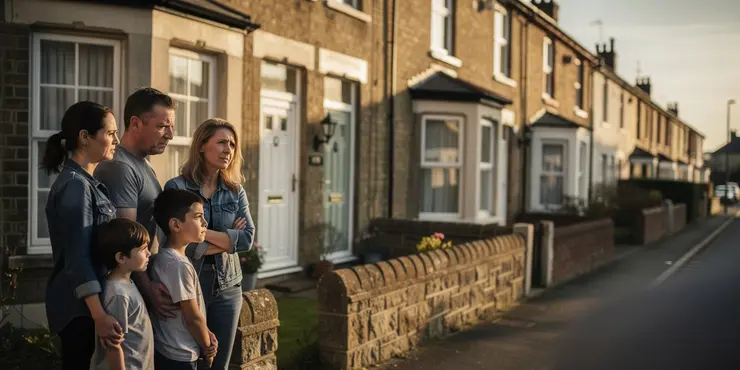
Impact of Housing Shortage on Local Communities
Relevance: 47%
-
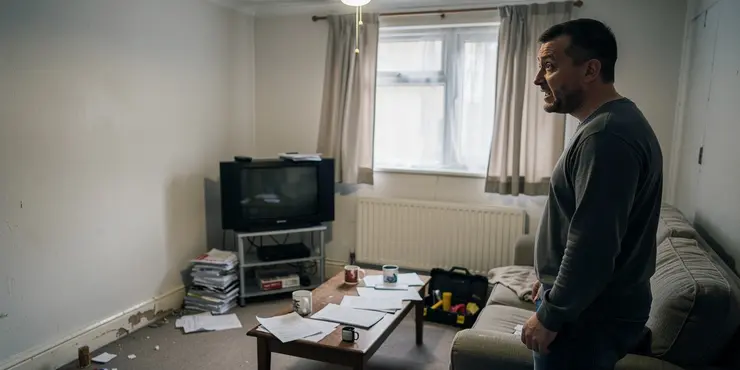
Landlord Licensing Laws Under Review as Tenants Call for Stronger Protections
Relevance: 45%
-
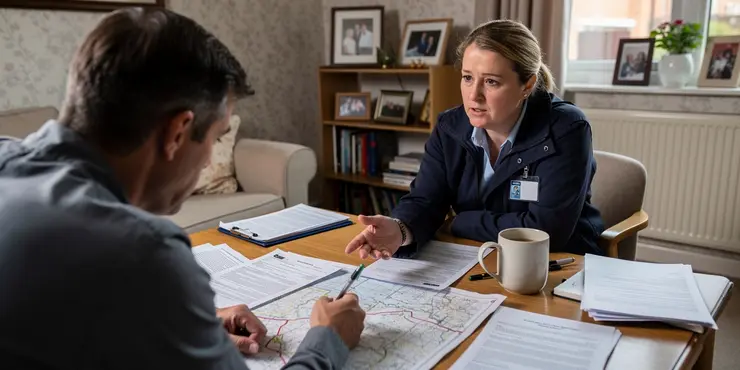
What is the role of local government in boundary disputes?
Relevance: 45%
-
Impact of UK Housing Crisis on Local Communities
Relevance: 44%
-
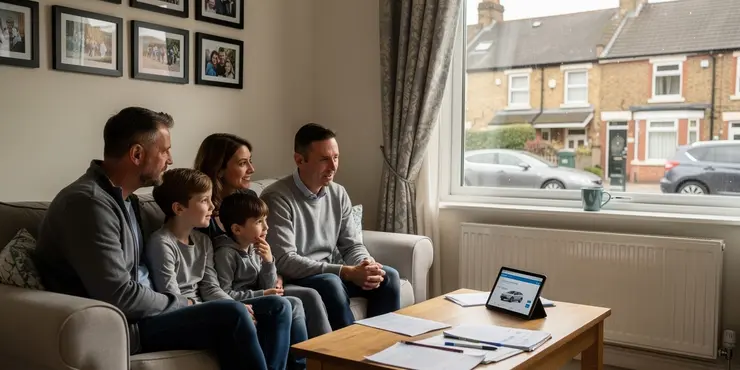
Are there local grants for electric vehicles?
Relevance: 43%
-

Navigating Changes in Family Law Post-Brexit
Relevance: 43%
-
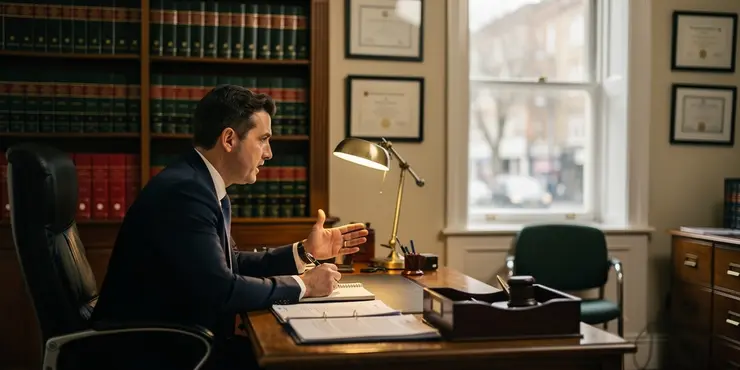
Are there specific laws governing SEND in schools?
Relevance: 42%
-

Navigating Post-Brexit Family Law Changes
Relevance: 41%
-

Impacts of Recent Changes to Family Law Legislation
Relevance: 41%
-
Are there any changes to surrogacy arrangements under the 2026 family court law?
Relevance: 41%
-
How have child custody laws changed in 2026?
Relevance: 40%
-
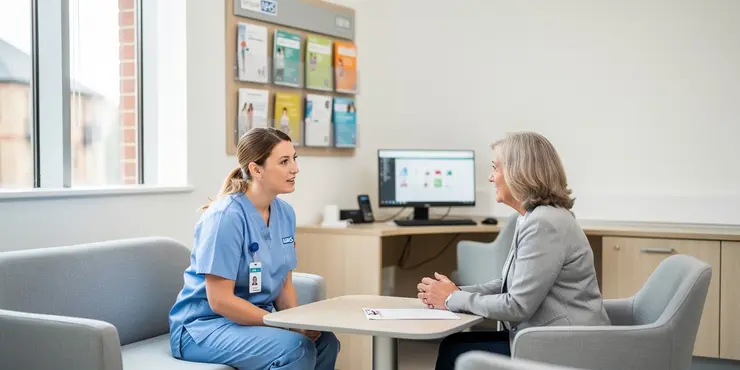
What British Council Scholarships/Bursaries may be available to help me with the education costs of my child?
Relevance: 40%
-

How can carers access local resources and support services?
Relevance: 40%
-

Are there any laws against binge drinking?
Relevance: 40%
-
What are the changes to Family Court Law in 2026?
Relevance: 39%
-

How do I check current air quality levels in my local area?
Relevance: 39%
-
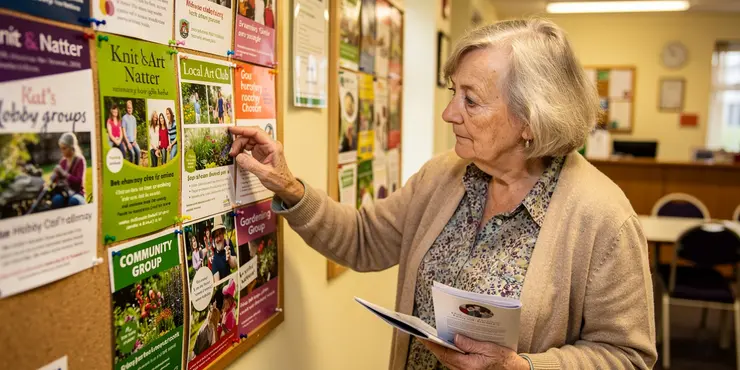
How can older adults find local hobby groups?
Relevance: 39%
-

How can I dispute a Council Tax charge?
Relevance: 39%
-

Are there specific laws against dangerous driving?
Relevance: 39%
-

What new protections are included for tenants?
Relevance: 39%
Introduction to Local Councils and New Legislation
Local councils in the United Kingdom have historically played a vital role in administering local services, managing resources, and representing community interests. With the introduction of new legislation, their responsibilities have evolved, adapting to contemporary needs and challenges. This legislation aims to enhance local governance, increase transparency, and improve public services delivery at the community level.
Key Responsibilities Under the New Law
Under the new law, local councils' roles have been expanded and clarified with a focus on increased local engagement and accountability. One of the primary responsibilities includes housing and planning. Councils are now tasked with ensuring sustainable development and affordable housing while aligning with national environmental goals. This includes managing local spatial planning and building regulations to meet the increasing demand for housing while considering community feedback.
Additionally, local councils are empowered to have more say in social care and public health. They play a crucial role in integrating health services with community support initiatives, ensuring that residents have access to adequate care facilities and services. This is part of a broader government initiative to decentralize health care and make it more accessible at the local level.
Enhanced Powers and Community Engagement
The legislation grants councils greater powers to work collaboratively with other local governance bodies, businesses, and the voluntary sector to drive economic growth. This includes the ability to form partnerships and access funding for local initiatives that boost local economies. Councils are encouraged to engage with the community more proactively, utilizing digital platforms to enhance transparency and public participation.
Councils are also required to implement participatory budgeting practices, giving residents a direct say in how certain portions of the council budget are spent. This approach aims to make local spending more reflective of the community's priorities and to increase public trust in how funds are managed.
Challenges and Implementation
While the new law offers opportunities for localized decision-making and improved service delivery, councils face challenges in implementation. Budgetary constraints remain a significant concern, necessitating efficient resource management and innovative funding solutions. Moreover, there is a need for capacity building within councils to manage new responsibilities effectively.
Local councils must also work to overcome potential resistance to change, both internally and from the public. This involves enhancing communication strategies, engaging in continuous dialogue with the community, and promoting the benefits of the new legislation.
Conclusion
The role of local councils under the new law represents an evolution towards more empowered and community-focused governance. By taking on expanded responsibilities and utilizing new powers, councils have the opportunity to make significant improvements in local planning, social care, and community engagement. However, successful implementation will require addressing challenges related to resources, capacity, and public engagement. Ultimately, these changes aspire to create more resilient, responsive, and inclusive local governance across the UK.
Introduction to Local Councils and New Law
Local councils in the UK help with important services like schools, parks, and roads. A new law has been made to help councils work better for people in their area. This law wants councils to be clearer with their plans and improve how they provide services.
Main Jobs Under the New Law
The new law gives councils more jobs and makes them clearer. One big job is looking after housing and planning. Councils have to plan where new houses can be built. They need to make sure there are good and affordable homes for people. They also have to make sure they care for the environment and listen to what people think.
Councils also have more say in health and social care. This means they work to make sure everyone can visit a doctor or get the care they need. They want health services to be closer and easier for people to use.
More Power and Working with the Community
The new law lets councils work with more groups, like businesses and volunteers, to help their area grow. Councils can also get money for local projects to help the area do better. They are told to talk to the community more and use the internet to share their plans.
Councils should let people decide how some of their money is spent. This means the community can help choose what's most important to them. It helps people trust the council more.
Challenges and Making Changes
The new law is a good chance for better services. But there are some problems too. Councils need money to do all their jobs well. They have to find smart ways to use their money and get more funds. They also need training to handle new work.
Councils may face some people not liking the changes. They need to be good at explaining why these changes help and talk with people often. It’s important for councils to listen and show why the new plans are good.
Summary
The new law helps councils have more power and focus on the community. They can now do more for housing, health, and planning. But for the law to work well, councils need enough money, training, and to talk with people a lot. This is to make sure that the councils can help their area grow strong and be welcoming for everyone.
Frequently Asked Questions
Useful Links
This website offers general information and is not a substitute for professional advice.
Always seek guidance from qualified professionals.
If you have any medical concerns or need urgent help, contact a healthcare professional or emergency services immediately.
Some of this content was generated with AI assistance. We’ve done our best to keep it accurate, helpful, and human-friendly.
- Ergsy carfully checks the information in the videos we provide here.
- Videos shown by Youtube after a video has completed, have NOT been reviewed by ERGSY.
- To view, click the arrow in centre of video.
- Most of the videos you find here will have subtitles and/or closed captions available.
- You may need to turn these on, and choose your preferred language.
- Go to the video you'd like to watch.
- If closed captions (CC) are available, settings will be visible on the bottom right of the video player.
- To turn on Captions, click settings .
- To turn off Captions, click settings again.
More Items From Ergsy search
-

What role do local councils play under the new law?
Relevance: 100%
-

Local Councils Struggle with Increasing Demand for Welfare Support
Relevance: 81%
-

What are the new Tenancy Law Reforms in the UK in 2025?
Relevance: 69%
-

Understanding the New Domestic Abuse Laws in the UK
Relevance: 68%
-

How are rent increases regulated under the new law?
Relevance: 66%
-

Are refunds for overpaid Council Tax taxable?
Relevance: 65%
-

Will my council send a refund check if I overpay?
Relevance: 56%
-

Who can be considered a domestic abuse perpetrator under the new law?
Relevance: 56%
-

Why are council burial fees going up nearly 50% in the UK?
Relevance: 56%
-

Local Councils Call for More Funding to Support Rising Homelessness
Relevance: 56%
-

Is there a time limit for claiming a refund on overpaid Council Tax?
Relevance: 55%
-

Where can I get a copy of my Council Tax bill?
Relevance: 55%
-

How does council tax relate to wealth in the UK?
Relevance: 54%
-

Does overpayment affect my Council Tax band?
Relevance: 54%
-

What happens if I move to a new postcode?
Relevance: 53%
-

How do can I find out if I have overpaid my UK Council Tax?
Relevance: 52%
-

What should I do if I suspect an error in my Council Tax billing?
Relevance: 52%
-

Citizens Advice Bureau Sees Spike in Queries Related to Council Tax Benefits
Relevance: 52%
-

Can I access my Council Tax payment history online?
Relevance: 51%
-

What details are needed to check for overpayments through my council?
Relevance: 49%
-

Impact of Housing Shortage on Local Communities
Relevance: 47%
-

Landlord Licensing Laws Under Review as Tenants Call for Stronger Protections
Relevance: 45%
-

What is the role of local government in boundary disputes?
Relevance: 45%
-
Impact of UK Housing Crisis on Local Communities
Relevance: 44%
-

Are there local grants for electric vehicles?
Relevance: 43%
-

Navigating Changes in Family Law Post-Brexit
Relevance: 43%
-

Are there specific laws governing SEND in schools?
Relevance: 42%
-

Navigating Post-Brexit Family Law Changes
Relevance: 41%
-

Impacts of Recent Changes to Family Law Legislation
Relevance: 41%
-
Are there any changes to surrogacy arrangements under the 2026 family court law?
Relevance: 41%
-
How have child custody laws changed in 2026?
Relevance: 40%
-

What British Council Scholarships/Bursaries may be available to help me with the education costs of my child?
Relevance: 40%
-

How can carers access local resources and support services?
Relevance: 40%
-

Are there any laws against binge drinking?
Relevance: 40%
-
What are the changes to Family Court Law in 2026?
Relevance: 39%
-

How do I check current air quality levels in my local area?
Relevance: 39%
-

How can older adults find local hobby groups?
Relevance: 39%
-

How can I dispute a Council Tax charge?
Relevance: 39%
-

Are there specific laws against dangerous driving?
Relevance: 39%
-

What new protections are included for tenants?
Relevance: 39%


